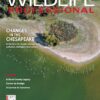Search Results for: The 1,000
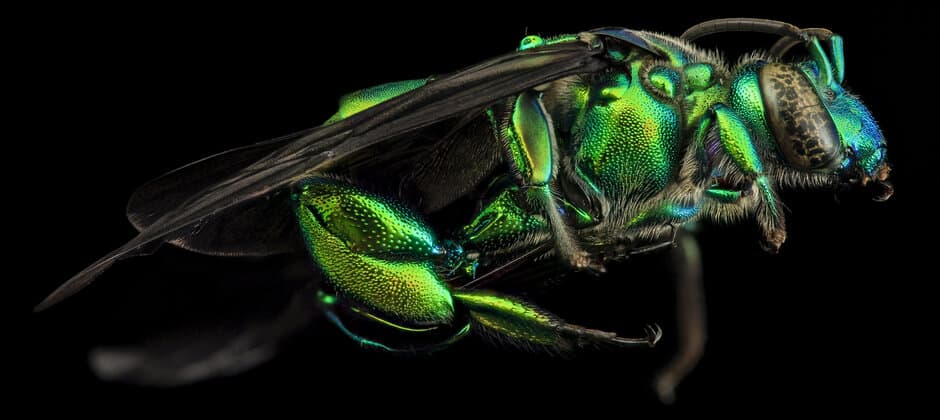
Wild Cam: From whooping cranes to pollinator paradise
Dozens of rickety, old office cubicle-sized pens line up next to each in the U.S. Geological Survey’s Eastern Ecological Science Center at the Patuxent Research Refuge in Maryland. The ones...
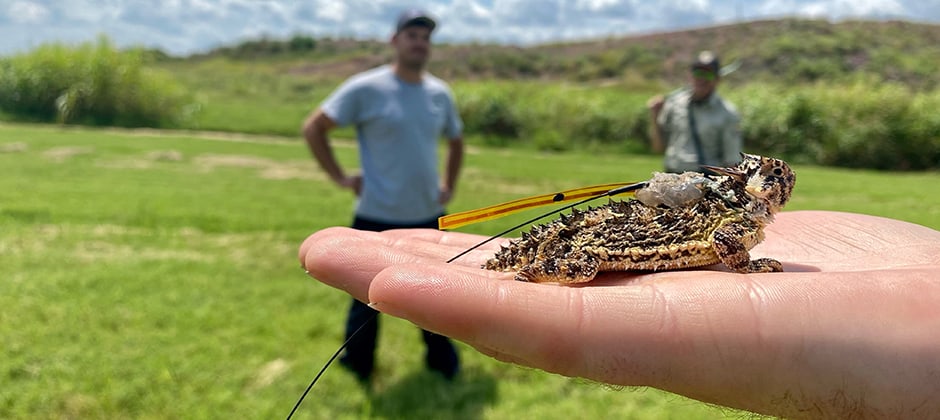
Why are Texas horned lizards on the decline?
The “horny toad” bears a striking resemblance to a dinosaur, albeit a tiny dinosaur. No more than 8 inches long, the Texas horned lizard (Phrynosoma cornutum), as it’s formally known,...
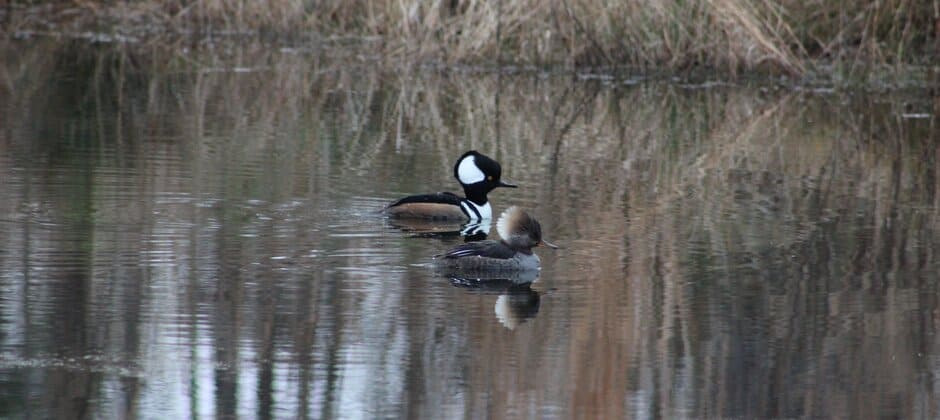
Wisconsin happenings
These updates originally appeared in the Wisconsin Chapter of The Wildlife Society’s Spring 2021 newsletter. Student Chapter reports: University of Wisconsin-Madison Student Chapter of The Wildlife Society Submitted by Cole...

Tree swallows ingest dozens of pesticides
Tree swallows are ingesting various types of pesticides through their insect diet, even when they don’t live near large industrial farms where the chemicals are most prevalent. “There is strong...

Dennis Ferraro earns Conservation Education Award
From appearing on TV to teaching students to cultivating homegrown naturalists, Dennis Ferraro actively engages the public in wildlife conservation. These efforts have earned Ferraro, a professor of practice of...
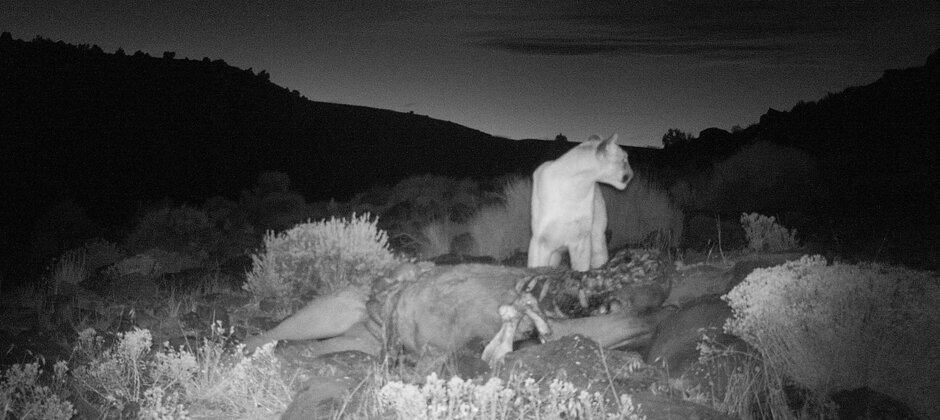
JWM: Cougars prey on feral horses in the Great Basin
GPS tracking collars on cougars have revealed that the predators extensively prey on the burgeoning feral horse populations in the Great Basin. “We found that both male and female [cougars]...

Emperor penguin proposed for ESA listing
Citing the threat of melting sea ice due to climate change, the U.S. Fish and Wildlife Service proposed listing emperor penguins (Aptenodyptes forsteri) as threatened under the Endangered Species Act....
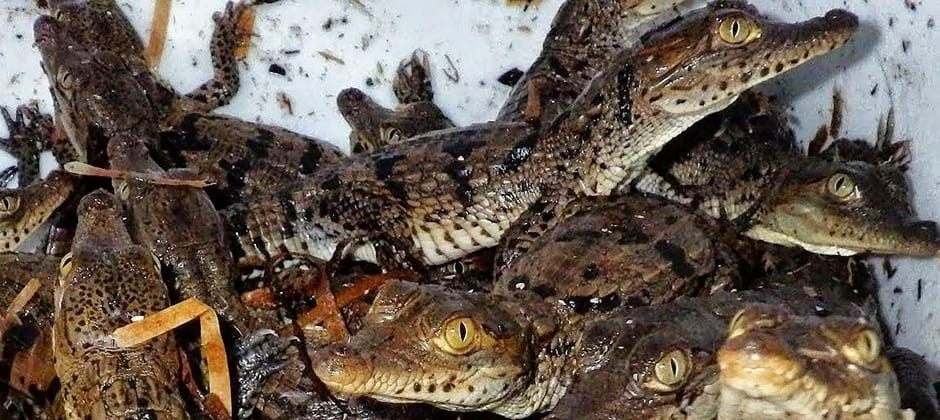
Saltier water affects survival of Everglades crocs
The Everglades are home to North America’s only population of crocodiles, but the increased saltiness of the water in some areas has slowed their growth and negatively affected their body...

WSB: Evaluating the needs of breeding grebes in Utah
Every fall, thousands of eared grebes stop along the Great Salt Lake to feed on brine shrimp, which provides nutrients to carry them through a long journey southward to the...
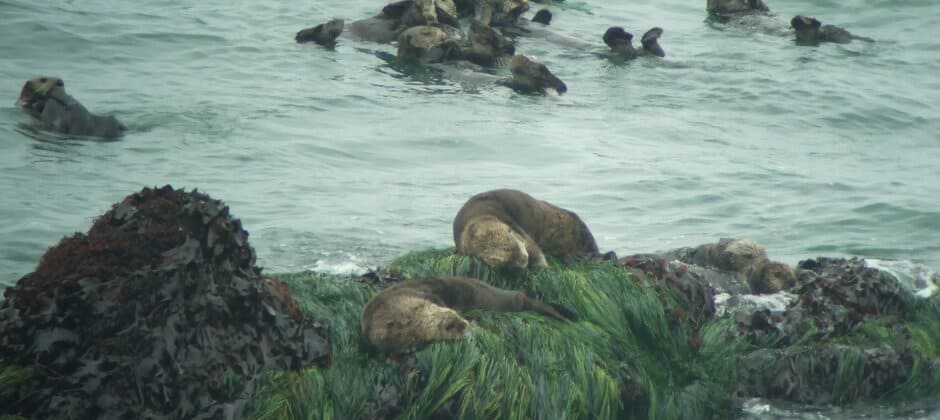
Decades-old sea otter translocations prove successful
Sea otters translocated to new parts of the Pacific half a century ago have mostly burgeoned into healthy, sustaining populations despite having a nearly 90% death rate in some areas...

